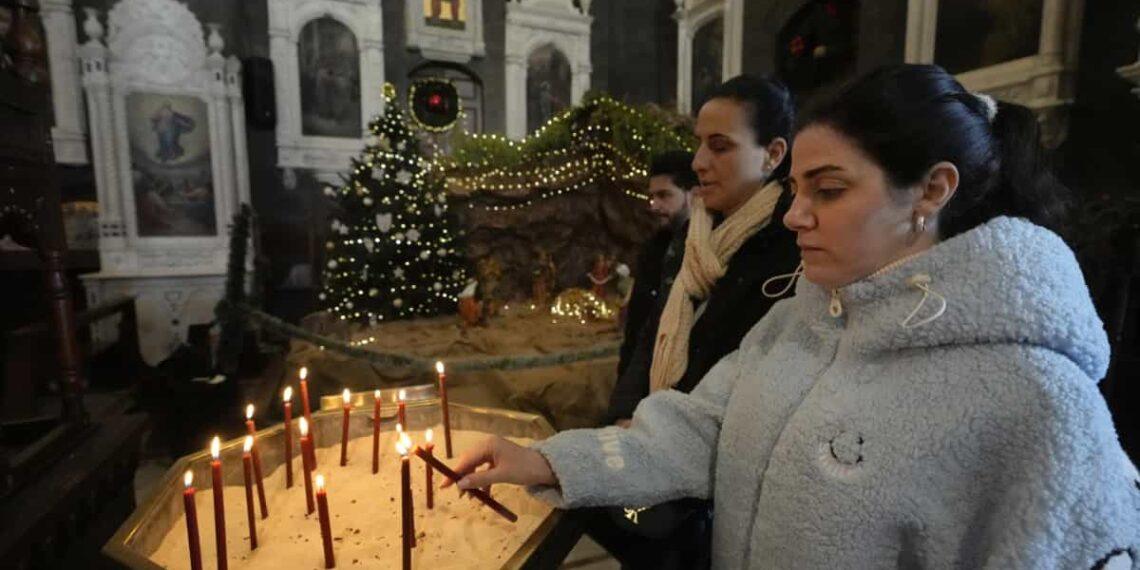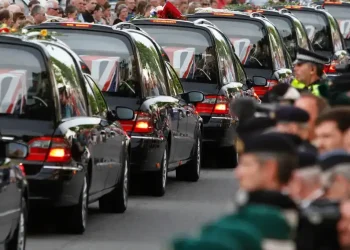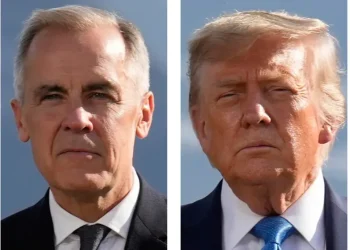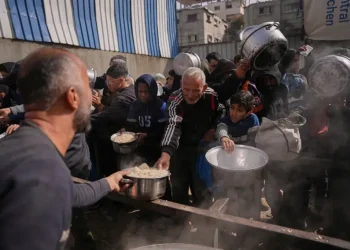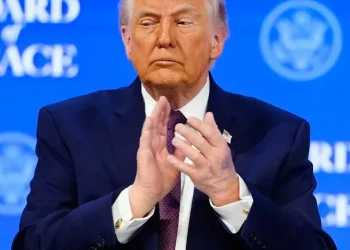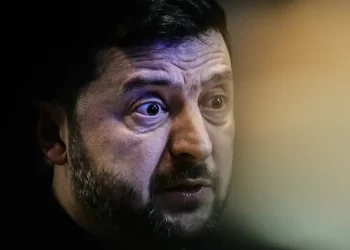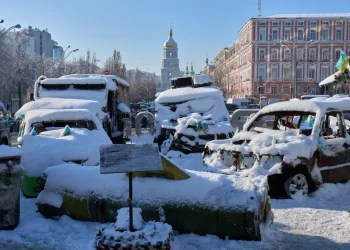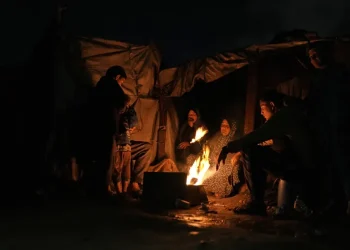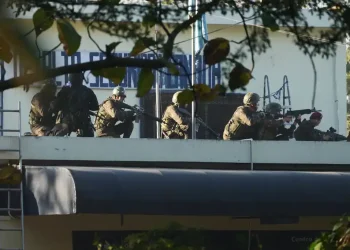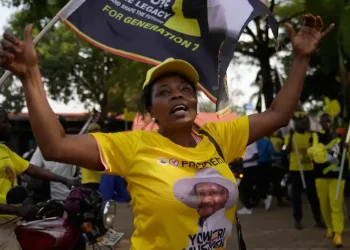Syrian Christians Mark a New Era with Hopeful Prayers as UN Calls for End to Sanctions
In churches across Syria, Christians gathered for the first Sunday services since the ousting of Bashar Assad, an event that marked a significant turning point in the country’s transformation. The atmosphere was filled with both optimism and emotion, as many worshippers wept with relief, while others clasped their hands in prayer for Syria’s future.
Jihad Raffoul, one of the attendees, shared his hope, saying, “They are promising us that the government will be formed soon, and, God willing, things will improve because we’ve rid ourselves of the tyrant.” Suzan Barakat echoed this sentiment, praying for “a new page in Syria’s future.”
As Syria embarks on this uncertain journey, the United Nations envoy for Syria, Geir Pedersen, called for an immediate end to the Western sanctions that have crippled the country’s economy and hindered reconstruction efforts. Pedersen emphasized the importance of international support to rebuild Syria and ensure a peaceful future.
Syria has endured sanctions from the U.S., European Union, and others for years due to Assad’s violent crackdown on peaceful anti-government protests in 2011, which eventually spiraled into a brutal civil war. While the recent offensive led by the rebel alliance ousted Assad and forced him into exile, the country remains heavily isolated by sanctions, which have compounded its economic struggles.
Despite the challenges, the swift downfall of Assad has sparked a sense of optimism among Syrians. However, questions about governance persist. The new transitional leadership, which includes factions like the Hayat Tahrir al-Sham (HTS), remains controversial. HTS is still designated as a terrorist group by the U.S., though reports indicate that the Biden administration is reconsidering this designation.
Pedersen stressed the need for a rapid international response to support Syria’s transition. “We hope to see the sanctions lifted soon to rally international support for rebuilding Syria,” he stated.
The country’s infrastructure remains in ruins after years of conflict, and reconstruction efforts have been hindered by sanctions aimed at blocking rebuilding efforts in government-controlled areas. Pedersen met with officials from Syria’s new interim government, which was formed by the opposition forces that ousted Assad, and which is now led by HTS. The U.S. has suggested that it might lift the terrorist designation on HTS in exchange for cooperation.
At an emergency meeting in Jordan, U.S. Secretary of State Antony Blinken and representatives from the Arab League, Turkey, the EU, and the U.N. discussed Syria’s future. They agreed that the new government should uphold minority and women’s rights, prevent terrorism, ensure humanitarian aid reaches those in need, and destroy any remaining Assad-era chemical weapons.
Syria’s interim government is expected to rule until March, though there is no clear plan for how a permanent administration will be established. Arab foreign ministers have advocated for U.N.-supervised elections under a new constitution approved by the Syrian people.
Pedersen underscored the need for a Syrian-led political process that includes all citizens. “We need to get the political process underway that is inclusive of all Syrians,” he said, emphasizing the need for justice and accountability for war crimes. Many families continue to search for loved ones detained by Assad’s regime.
Syria’s Christian community, which made up 10% of the population before the war, has been deeply affected by the conflict. Many Christians fled or supported Assad out of fear of Islamist insurgents. Church services were suspended in the past, but this Sunday marked a hopeful return. Ibrahim Shahin, a Catholic church supervisor, reflected on the past: “We were scared of the events taking place.” But this Sunday, church doors reopened, and the sound of bells rang through the air.
In a broader sign of Syria’s attempt to return to normalcy, schools in Damascus reopened after a long hiatus due to insurgent occupation. At Nahla Zaidan school in the Mezzah neighborhood, teachers raised the revolutionary flag, signaling a shift in the country’s political climate.
Maysoun Al-Ali, the school’s director, remarked, “Although some may still be afraid, they came to build Syria and to live the victories of this country. God willing, there will be more development, security, and reconstruction in this beloved country.”
Syria stands at a crossroads, with hopes for rebuilding its economy, infrastructure, and society, but the road ahead remains uncertain. As the country seeks a new chapter, the prayers of its people reflect a longing for peace and a better future.
This article was rewritten by JournosNews.com based on verified reporting from trusted sources. The content has been independently reviewed, fact-checked, and edited for accuracy, neutrality, tone, and global readability in accordance with Google News and AdSense standards.
All opinions, quotes, or statements from contributors, experts, or sourced organizations do not necessarily reflect the views of JournosNews.com. JournosNews.com maintains full editorial independence from any external funders, sponsors, or organizations.
Stay informed with JournosNews.com — your trusted source for verified global reporting and in-depth analysis. Follow us on Google News, BlueSky, and X for real-time updates.
